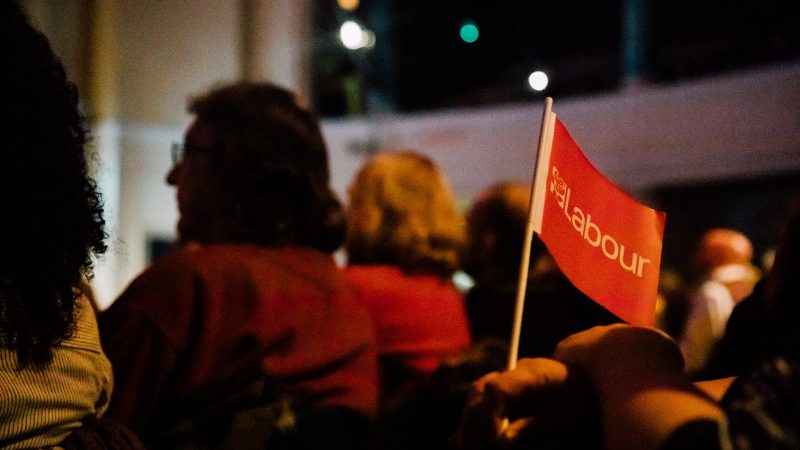
As Labour faces another northern by-election in Batley and Spen, there is an opportunity to do at least one thing better than in Hartlepool: candidate selection. The May 6th Hartlepool by-election was always going to be a challenge. But in appointing Dr Paul Williams as its candidate, unilaterally from a shortlist of one, the party leadership showed its worst instincts and shot itself in the foot.
Stories of stitched-up selections are endemic to the Labour Party. Everyone has tales of deals cooked up in smoke-filled rooms, leadership favourites parachuted in, potential challengers sidelined. These issues and that reputation are toxic to the party and its electoral chances – and they need to change. Only grassroots pressure, it seems, can make that happen. Keir Starmer promised during his leadership campaign to end the appointment of candidates. Still, Hartlepool suggests that he or those around him remain a little too addicted to control to allow Constituency Labour Parties (CLPs) a genuine, wide-ranging choice over who will represent them.
In Batley and Spen, frustration over that – and the bloody nose from Hartlepool – is already pushing towards a more open candidate selection, potentially through an all-women shortlist. Whoever emerges from that, at least, will already have the advantage of being something of a winner, someone who can take votes and win support from rivals. Would that have been enough to change the result in Hartlepool? Perhaps not. But building a reputation of openness and fairness must be at the heart of reform of the party brand. Labour has some easy targets in the form of Conservative corruption and nepotism, but it will struggle to hit them if its own reputation for both is poor, even worsening.
Dubious selections are not the only problem there. It’s no coincidence that some of the areas in which the party are now struggling have had long-term Labour councils with a mixed reputation on those fronts. But starting each electoral cycle with poor headlines and a process that puts the party in bad light will always be a mistake. While the rapid central selection of parliamentary candidates in 2017 was justifiable given the unexpectedness of the election, 2019 saw widespread suspicion that the party was deliberately holding off choosing candidates for safe and winnable constituencies to be able to impose their own choices at the last minute.
In my CLP, Vauxhall, we felt the need to lobby furiously to avoid an appointed candidate, despite having a heavily competitive range of home-grown options from which to choose (declaration: I was one of those candidates, but was not selected for the long list). While the process was imperfect, the result was a selection meeting with multiple candidates with very different backgrounds and beliefs. Different party factions had the chance to play their hands hard and well, with the eventual winner Florence Eshalomi coming through the middle to become the first MP from a Black, Asian or minority ethnic background in the diverse constituency’s history.
Like all selections, it was an imperfect, bruising process – but at its end, it felt broadly fair. In Hartlepool, the appointment of Dr Williams just deepened the narrative that he was a political insider favoured by a leadership out of touch with ordinary people. It suggested that while the party wanted him in parliament as a loyal former MP, it lacked confidence in his ability to win against any other challenger. This helped blunt what might otherwise have been more positive stories, not least his role as a committed NHS doctor working in a local coronavirus clinic.
Fundamentally, though, the decision should have been left to local members – and the broader the longlist presented, the more credible and authentic the eventual victor would have looked. Party insiders, of course, often point to the challenges of conducting last-minute vetting, either for a by-election or the 2017 and 2019 general elections. But this could be managed through vetting significant numbers of potential candidates well beforehand, also ensuring that a large crop of female, LBGT, BAME and disabled individuals could be available and included. Labour has a mountain to climb to win in 2024, and it needs the best candidates can get. Only a fair, dynamic and democratic selection system will do that, and we risk running out of time to build one.




More from LabourList
Nudification apps facilitate digital sexual assault – and they should be banned
Diane Abbott suspended from Labour after defending racism comments
Labour campaign groups join forces to call for reinstatement of MPs